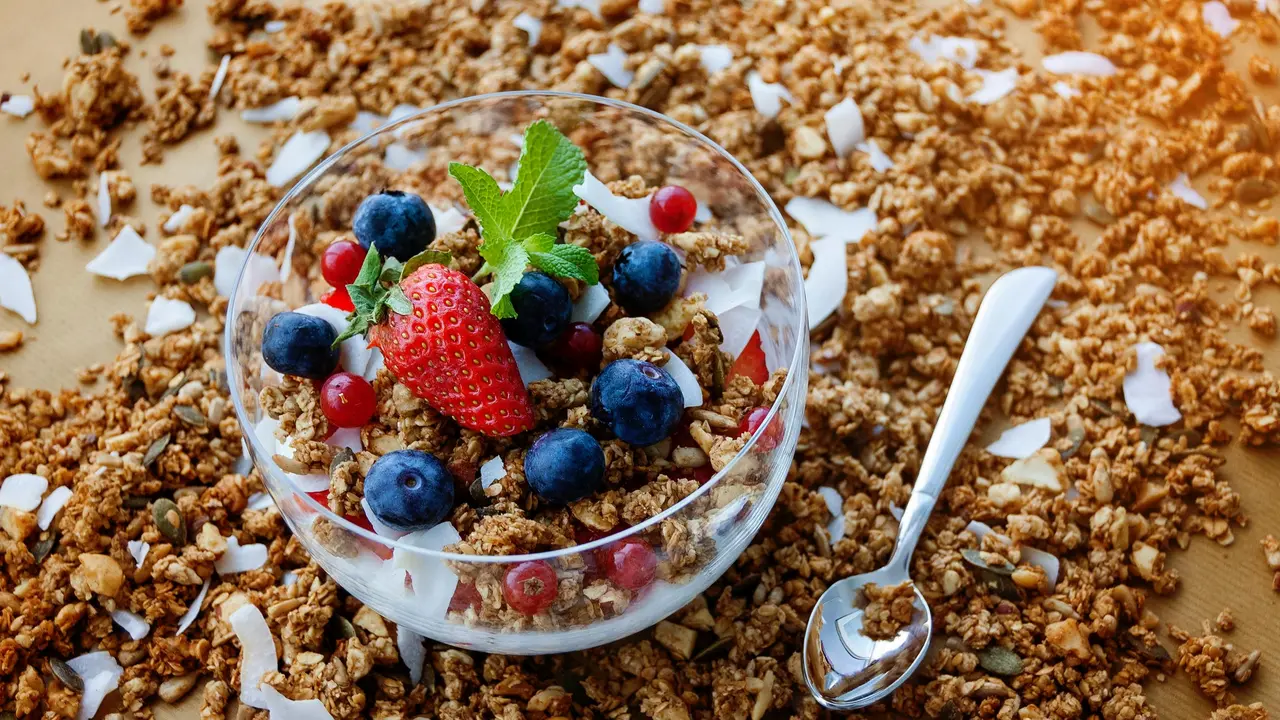Are you struggling with yeast infections and wondering what vitamins help with yeast infections? Understanding the role of vitamins in combating these common issues can help you regain your comfort and health. In this guide, we’ll explore various vitamins and nutrients that may assist in preventing and treating yeast infections, helping you on your journey to better health.
Understanding Yeast Infections and the Role of Vitamins
Yeast infections, primarily caused by the Candida species, can lead to discomfort and irritation. To combat these infections, it’s important to recognize how certain vitamins can play a supportive role in your immune health.
What Are Yeast Infections?
Yeast infections occur when there is an overgrowth of yeast, typically due to:
- A poor diet high in sugar
- Antibiotic use that disrupts natural flora
- Hormonal changes
These factors can weaken your body’s defenses, making it essential to support your immune system.
What Vitamins Help With Yeast Infections?
Now that we have a basic understanding of yeast infections, let’s dive into specific vitamins that can help alleviate or prevent these uncomfortable conditions.
Vitamin C and Yeast Infections
Vitamin C is renowned for its immune-boosting properties:
- It enhances the function of immune cells.
- Antioxidant properties help combat inflammation.
Incorporating foods rich in Vitamin C, such as citrus fruits and bell peppers, can be beneficial in maintaining a strong immune response against yeast infections.
B Vitamins’ Contribution to Immune Health
B vitamins, particularly B6 and B12, support the body’s immune functions:
- Vitamin B6 is crucial for producing antibodies.
- Vitamin B12 is essential for nerve function and red blood cell production.
Ensuring you receive adequate amounts of these vitamins can help strengthen your body’s ability to combat infections.
Vitamin D’s Role in Immune Regulation
Vitamin D is often overlooked when discussing yeast infections, yet it plays a critical role:
- It helps regulate the immune system.
- Deficiency in Vitamin D has been linked to increased susceptibility to infections.
Sun exposure and foods like fatty fish are great sources to boost your Vitamin D levels.
Vitamin E and Its Antioxidant Properties
Vitamin E serves as a potent antioxidant, which can help reduce oxidative stress in the body:
- It promotes skin health, essential for healing.
- It supports the immune system function.
Including nuts and seeds in your diet can enhance your Vitamin E intake.
Other Nutrients That Help with Yeast Infections
While vitamins play a crucial role, other nutrients can assist in managing yeast infections as well. Here’s a closer look:
Zinc and Its Immune Function
Zinc is a mineral that supports immune health:
- It aids in immune system development.
- It possesses anti-inflammatory properties.
Food sources rich in zinc include meat, shellfish, legumes, and seeds.
Probiotics for Balance
In addition to vitamins and minerals, probiotics are vital for balancing gut flora:
- They help maintain healthy gastrointestinal function.
- Probiotics can restore balance after antibiotic use.
Consider incorporating yogurt, kefir, or supplements to support gut health.
Creating a Nutrient-Rich Diet
It’s essential to focus on a balanced diet to ensure you’re getting the vital nutrients your body needs:
- Include a variety of fruits and vegetables.
- Consume whole grains and lean proteins.
- Stay hydrated and limit sugar intake.
Each of these components can work together to support your overall health and help with yeast infections.
Supplements: A Viable Option?
If you’re finding it difficult to get enough vitamins and minerals from food alone, consider quality supplements:
- Choose those that are well-reviewed and from reputable sources.
- Consult your healthcare provider before starting any new supplement regimen.
Conclusion
In summary, when asking what vitamins help with yeast infections, you’ll find that vitamins C, B6, B12, D, and E play significant roles in supporting your immune system and preventing overgrowth of yeast. Additionally, minerals like zinc and beneficial bacteria from probiotics can enhance your body’s defenses. By nourishing your body with a balanced diet rich in these nutrients, you can diminish the risk of yeast infections. Don’t hesitate to take control of your health; consider sharing this article or exploring more tips on how to maintain optimal well-being!
Vitamins – Recent Articles
- Where to Buy Renal Vitamins: Your Ultimate Buying Guide!
- When to Start Postnatal Vitamins: Your Essential Guide
- Discover What Vitamins Are Good for Feminine Odor Relief!
- Can Prenatal Vitamins Make You Constipated? Discover the Truth!
- Is It Bad to Take Prenatal Vitamins at Night? Find Out Now!
Vitamins – Useful Links
- NIH Office of Dietary Supplements — Vitamin and Mineral Supplement Fact Sheets
- WHO — Vitamin and Mineral Nutrition Information System (VMNIS)
- MedlinePlus — Vitamins (Encyclopedia)
- CDC — Micronutrient Facts
- NHS — Vitamins and minerals
